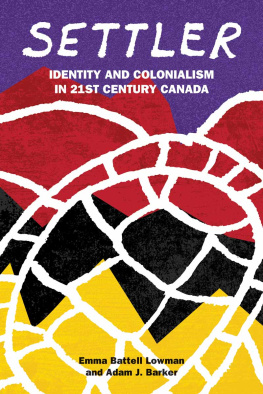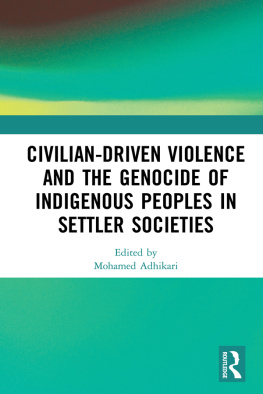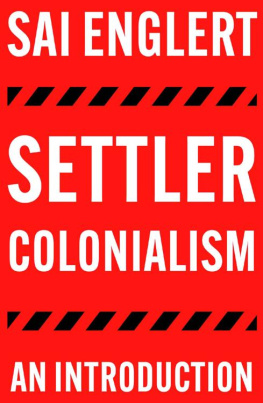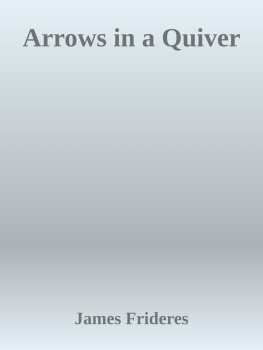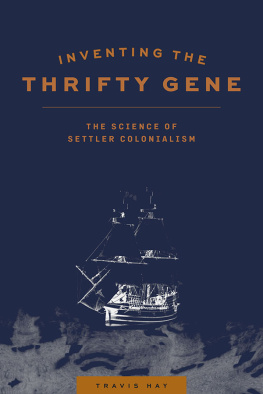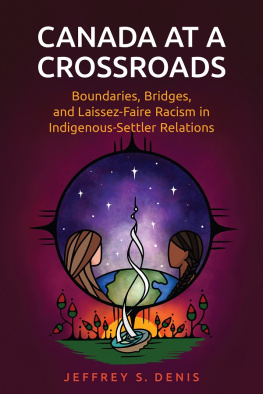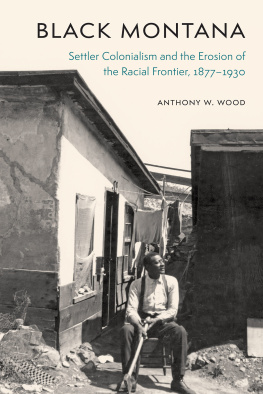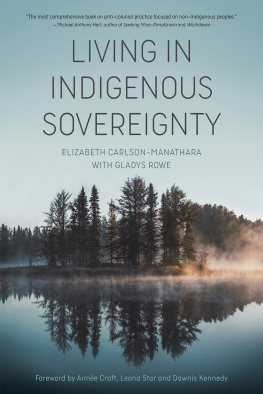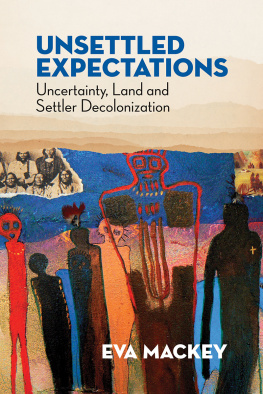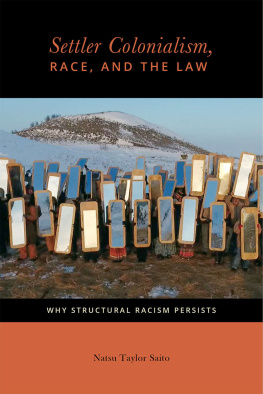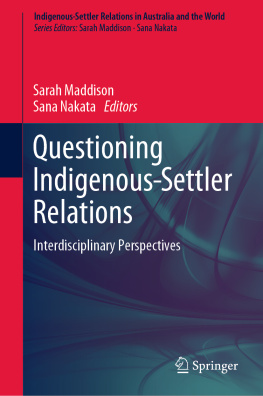Forever
by Janet Marie Rogers
as long as the sun shines upon the earth
as long as the water still flows
as long as the grass grows at a certain time each year
Forever
as long as Mother Earth is still in motion
still in motion, still in motion
Its hard work to maintain the middle row
one line makes I separating sides
they navigate a boat down a similar river
we paddle a canoe packing values
never touching, forever separate
maintaining the course
step by step laws of RESPECT
intended to protect sacred relationships
Words from good minds
Guswenta, Two Row Wampum
not treaty like it was told but a non-apology
canoe and Boat Ever Flowing Large Water River
buoyancy beyond democracy
boundaries not borders
the law was not authored in an angry house
of disputes but rather inspired from witness
to cause and effect of free will resulting in greed
and corruption and un-lawful things
Protection of our relationship to our mother
not better than the other but something necessary
to exercise caution
Careful!
Steady!
Carry on.
Your side
Our side
Maintaining the middle
is most difficult
I is for Indian Affairs
I is for Indigenous
I is for Imperialism
I is for Identity
I is for Iroquois/Haudenosaunee
I is for Incident
I is for Initiation
A league of nations
corresponding by beads on a belt
and anyone thinking beads to be insignificant
should try getting them back from a museum
Crime Minister/Prime Minister
simultaneous colonization and decolonization
relational trade quasi-kin two sides kept equal
This is Womens work
Those mountains didnt build themselves
Forever
As long as the sun shines upon the earth
As long as the water still flows
As long as the grass grows at a certain time each year
Forever
as long as Mother Earth is still in motion
still in motion, still in motion
Its about balance and focus
its about commitment and loyalty
hard things, put in place
speaking the language of agreement
being included from a distance
peace and respect and prosperity
Do NOT Cross that Line
we said
DO NOT CROSS THAT LINE
Disruption results in consequences
remember Kanenhstaton Caladonia
remember Gustafen Lake
remember Ipperwash
remember Oka
rememeber Alcatraz and Eagle Bay
remember Wounded Knee
everyday is remembrance day
everyday
Ongwehonwe Original
a national fabric forming
blessing and protecting
something spiritual
not material but a difficult journey
staying the course better or worse
leaving nothing to debate
constitutional consensus overflowing with intelligence
Peacemaker would be proud
Forever
As long as the sun shines upon the earth
as long as the water still flows
as long as the grass grows at a certain time each year
Forever
as long as Mother Earth is still in motion
still in motion, still in motion
Forever
Janet Marie Rogers
Victoria Poet Laureate 20122015
Janet is a Mohawk/Tuscarora writer from the Six Nations band in southern Ontario. She was born in Vancouver, British Columbia, and has been living on the traditional lands of the Coast Salish people (Victoria, British Columbia) since 1994. Janet works in the genres of poetry, spoken word performance poetry, video poetry and recorded poetry with music and script writing. Janet has four published poetry collections to date: Splitting the Heart (Ekstasis Editions, 2007), Red Erotic (Ojistah Publishing 2010), Unearthed (Leaf Press 2011), and her newest collection, Peace in Duress, released with Talonbooks in September 2014. Her poetry CD s Firewater (2009), Got Your Back (2012), and 6 Directions (2013) all received nominations for Best Spoken Word Recording at the Canadian Aboriginal Music Awards, the Aboriginal Peoples Choice Music Awards and the Native American Music Awards. You can hear Janet on the radio as she hosts Native Waves Radio on CFUV FM and Tribal Clefs on CBC Radio One FM in Victoria B.C. Her radio documentaries Bring Your Drum (exploring fifty years of indigenous protest music) and Resonating Reconciliation won Best Radio at the imagineNATIVE Film and Media festival in 2011 and 2013 respectively. Ikkwenyes, or Dare to Do, is the name of the collective Mohawk poet Alex Jacobs and Janet created in 2011. Ikkwenyes won the Canada Council for the Arts Collaborative Exchange award 2012 and a Loft Literary Prize in 2013. Janet joined talents with Mohawk media artist Jackson Twobears in the Blood Collective, winners of a National Screen Institutes Aboriginal Documentary Residency for their media project NDN s on the Airwaves 2015.
1
WHY SAY SETTLER?

The words we use to name ourselves are important. How we conceive of ourselves collectively is a part of wider, more complicated discussions about who is included and who is excluded from our society. In Canada, we like to think of ourselves as having a fairly inclusive society; we pride ourselves on being open and accepting of difference. We talk about being polite and respectful and peace loving. And we lie by omission, because we do not talk about our country being built on the attempted destruction of many other nations. We do not talk about the questionable legal and political basis of our country, our history of profiting from invasion and dispossession. Canadian, a notoriously hard-to-pin-down concept, may not have a clear definition, but for some it refers to an invasive people, a nation that violently displaces others for its own wants and desires, a state that breaks treaties and uses police and starvation to clear the land. We need a name that can help us see ourselves for who we are, not just who we claim to be. For that we need a term that shifts the frame of reference away from our nation, our claimed territory, and onto our relationships with systems of power, land, and the peoples on whose territory our country exists.
As round-dance protests, teach-ins, and marches under the banner of Idle No More and the fast of Chief Theresa Spence galvanized activist communities across Canada in the winter of 201213, it became apparent that something had changed. As we watched internet broadcasts of teach-ins and speeches at rallies, and as friends and family sent questions about the ongoing protests, we heard more and more people using the term settler to refer to non-indigenous peoples, communities, states, and governments. Some were Indigenous people, referring to settler states or would-be settler allies; others were Canadians claiming the term as an identifier, baggage and all. Often, there were debates over the term. Some claimed the term was racist. Others rejected it as divisive. Some argued about whether settler was the right word, and turned to dictionary definitions for confirmation or clarification. However, this debated and debatable term, until then all but unknown and unused in Canada outside of a small circle of academics and activists, stuck.
Settler. This word voices relationships to structures and processes in Canada today, to the histories of our peoples on this land, to Indigenous peoples, and to our own day-to-day choices and actions. Settler. This word turns us toward uncomfortable realisations, difficult subjects, and potential complicity in systems of dispossession and violence.

